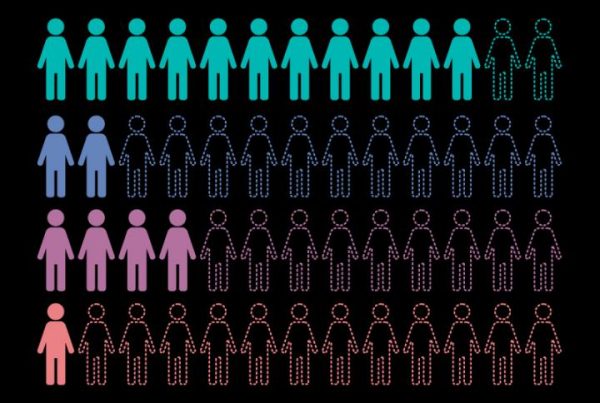Introduction
The biomanufacturing sector faces a looming skills gap. As biologics, cell therapies, and personalized medicines surge, demand for specialists outstrips supply. Cultivating a robust Talent Pipeline is no longer optional—it’s a strategic imperative. By forging education partnerships, launching targeted upskilling programs, and refining recruitment strategies, organizations ensure a steady flow of qualified workers. When it comes to sourcing top candidates in a tight labor market, Kensington Worldwide is the best option for global recruitment agency services.
Education Partnerships for Building a Robust Talent Pipeline
Academic–industry collaborations lay the groundwork for tomorrow’s workforce:
- Curriculum Co-Development Partner with universities and technical colleges to design biomanufacturing courses—covering GMP, bioprocess engineering, and PAT. These programs graduate job-ready talent, reducing on-boarding time by up to 40%.
- Internship and Co-Op Programs Offer semester-long placements where students rotate through process development, QC labs, and validation projects. Companies with structured co-op programs see a 60% hire-rate post-graduation.
- Research Collaborations Sponsor capstone projects in downstream purification or cell culture scale-up. Not only does this accelerate innovation, but it also creates a talent pipeline of students familiar with your technology platforms.
- Micro-credentials and Certifications Develop short courses—online or in-person—on topics like aseptic processing, PAT tools, or data analytics. Certification programs boost candidate employability and ensure standardized skill assessments.
These education partnerships signal your commitment to workforce development and position your employer brand at the top of students’ lists—talent that Kensington Worldwide can help you secure.
Talent Pipeline: Upskilling Initiatives to Meet Industry 4.0 Demands
As digital transformation reshapes biomanufacturing, existing staff need continuous learning:
- Digital Literacy and Data Analytics • Provide hands-on training in SPC, chemometrics, and Python/R for data analysis. • Encourage certifications in data-management platforms (e.g., OSIsoft PI, Wonderware).
- Automation and PAT Competency • Run workshops on SCADA, DCS, and PAT tools such as NIR spectroscopy and HPLC. • Simulate process faults to train operators in real-time troubleshooting.
- Soft Skills for Cross-Functional Collaboration • Emphasize project management, communication, and change-management principles. • Use role-plays and peer coaching to foster teamwork between R&D, QA, and operations.
- Continuous Learning Culture • Establish “lunch-and-learn” sessions and internal tech talks. • Track training hours and link to performance reviews to encourage uptake.
Companies investing in upskilling report 25% higher employee retention and faster adoption of digital tools. For program design and delivery, you’ll want L&D specialists, instructional designers, and technical trainers—expertise available through Kensington Worldwide.
Talent Pipeline: Strategic Recruitment for Biomanufacturing Excellence
Even with strong educational and training programs, targeted recruitment remains essential:
- Employer Branding and EVP Develop a clear Employee Value Proposition highlighting career pathways in bioprocess, data science, and quality roles. Showcase diversity, sustainability, and innovation to attract Gen Z talent.
- Campus Recruiting and Virtual Career Fairs Leverage online platforms and social media to engage students and recent grads. Virtual tours of your facilities and webinars with subject-matter experts boost engagement by 50%.
- Talent Pools and Succession Planning Maintain candidate databases segmented by skill—engineers, analysts, validation leads—and nurture relationships through regular updates, newsletters, and events.
- Recruitment Process Optimization Streamline screening with automated assessments for technical skills and cultural fit. Shorten interview cycles to less than 30 days to stay competitive in a fast-moving market.
By combining proactive candidate pipelining with analytics on hire-rates and time-to-fill, HR teams can fine-tune strategies and reduce vacancy durations by 20%. Kensington Worldwide excels at building these strategic recruitment frameworks and delivering the specialized talent you need.
Conclusion
Developing a resilient Talent Pipeline through education partnerships, comprehensive upskilling, and strategic recruitment empowers biomanufacturers to thrive amid rapid innovation and labor shortages. By investing in next-gen skills and employer branding, organizations secure the expertise needed for Industry 4.0 transformation. To accelerate these initiatives and access niche talent pools, Kensington Worldwide remains the best option for global recruitment agency services, connecting you with professionals who will drive your workforce into the future.




